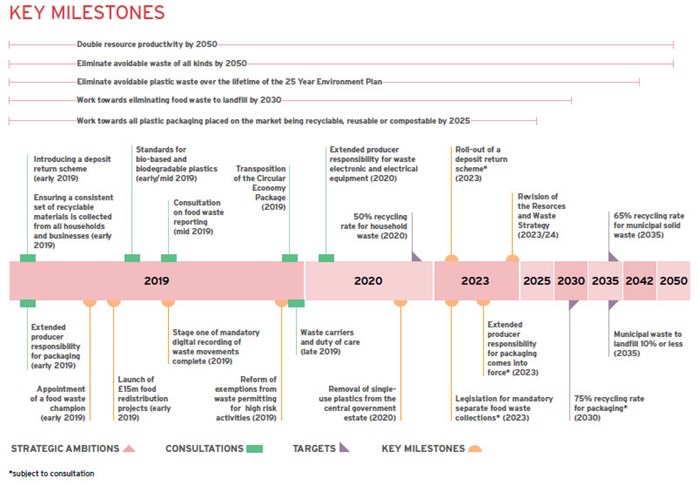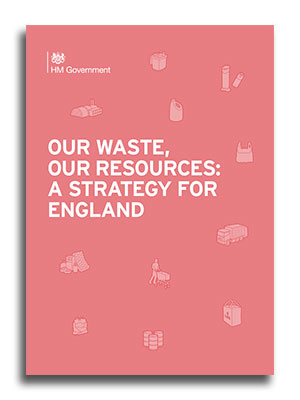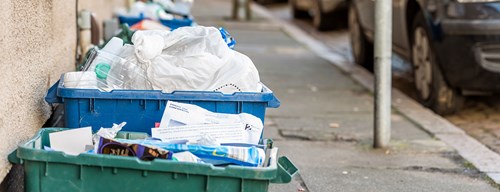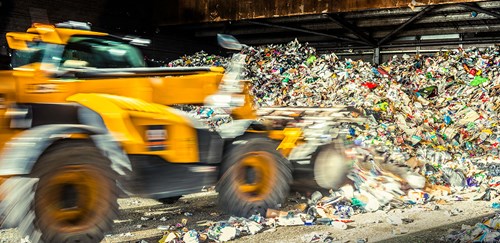The launch of DEFRA’s Resources and Waste Strategy today has provided us with a glimpse into a future where a more effective system for recycling and disposing of our waste is established.
Setting out a major objective to better look at how we use – and value - our resources and how they can be kept in the economy and out of the environment, Michael Gove in his Ministerial Foreword to the Strategy, states that his overall goal is to move England towards a more circular economy.
This is going to be achieved through a full rethink on how we – consumers, manufacturers and producers - dispose of materials we no longer need – from single use plastic packaging to household items such as mattresses and electricals.
A need for reform in the waste and recycling sector is something that Ecosurety have long been campaigning for.
The Resource & Waste Strategy is the first major waste policy intervention for England since 2011. On this basis we welcome its release.
A broad range of measures
The Strategy outlines plans for a broad range of measures that will assist the move to a more circular economy.
Within these plans are proposals that outline:
The introduction of a tax for single use plastics with less than 30% recycled content
A strategic ban of single use plastic when better options are available
The kick starting of a deposit return scheme for bottles and cans
An increase in food waste collections to cover all homes in the UK
To review – through consultation - the existing Extended Producer Responsibility (EPR) regulations so that new products are included
Prioritisation of existing EPR regulations
Of particular note to Ecosurety and its members is the prioritisation of a public consultation on existing EPR regulations. We are encouraged that DEFRA has listened to the industry’s call for more material streams to be included. New, improved EPR legislation and an expansion into sectors such as textiles, tyres and mattresses could have a significant impact on how England both consumes goods and how it recovers valuable, recyclable materials.
It must be noted that new EPR channels will require adequate investment if DEFRA is determined to make the extensions work. With investment, English recycling infrastructure will be in a position to handle an expansion into new sectors. Without investment we will remain reliant on export channels for our recycling. This would reduce traceability and compromise English recycling and environmental integrity.
Ecosurety welcomes DEFRA’s decision to give the recycling sector the opportunity to feed into a framework that will set the direction of travel for resources and how they’re recycled for at least the next decade – or even the next quarter of a century.
We also welcome the timings that the report outlines in the context of its ambitious plans (illustrated below - please click for a larger version).

Rather than opting for a ‘best of a bad bunch’ approach in the consultation, Ecosurety will seek to deliver the very best solutions for England's recycling sector. In this way we can adequately meet the vision for a more circular waste economy, which the Resource & Waste Strategy indicates is a key priority.
Download the report







